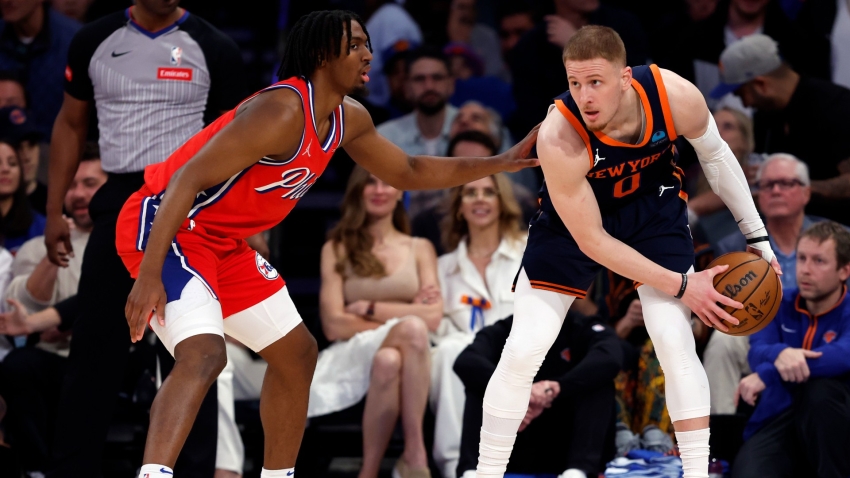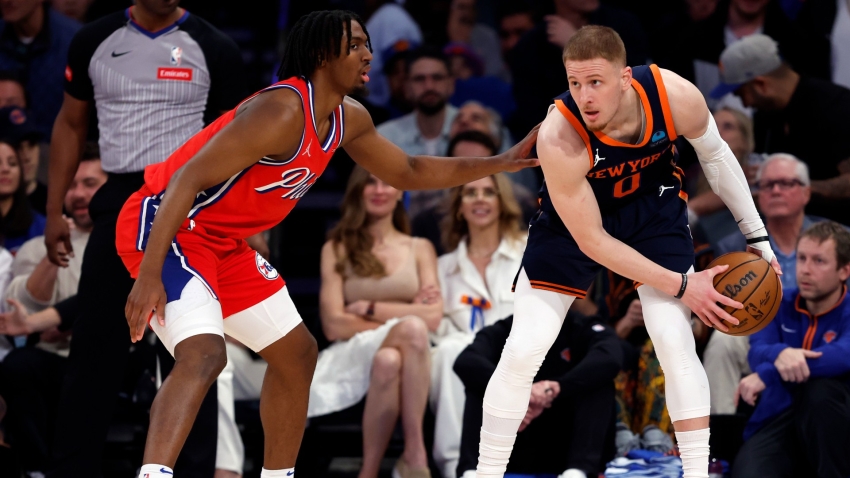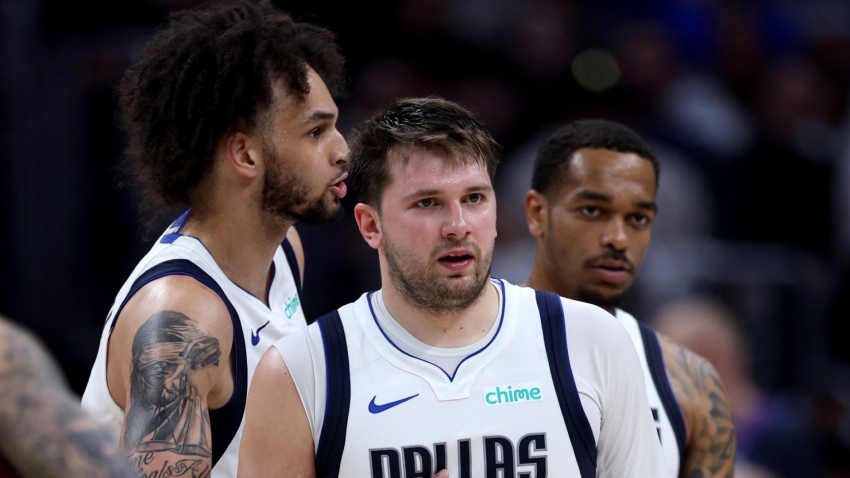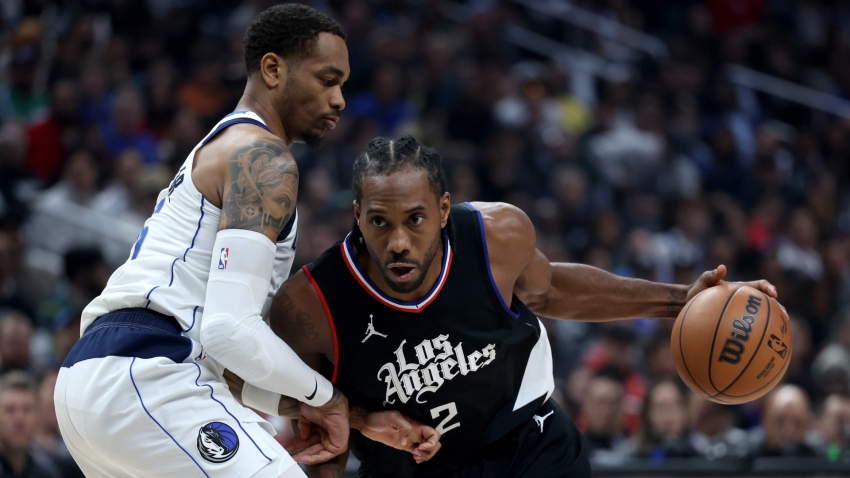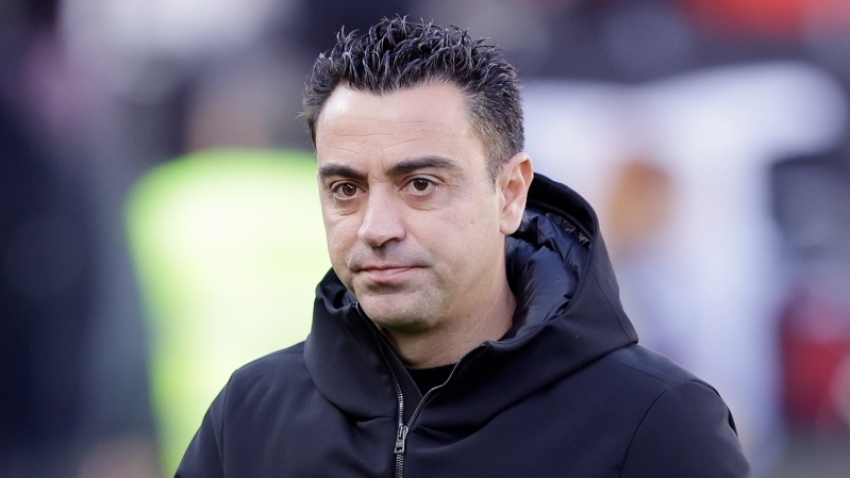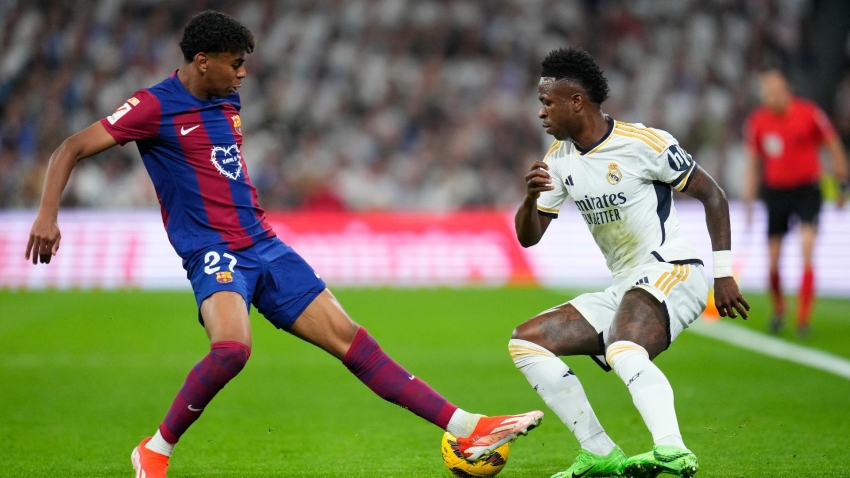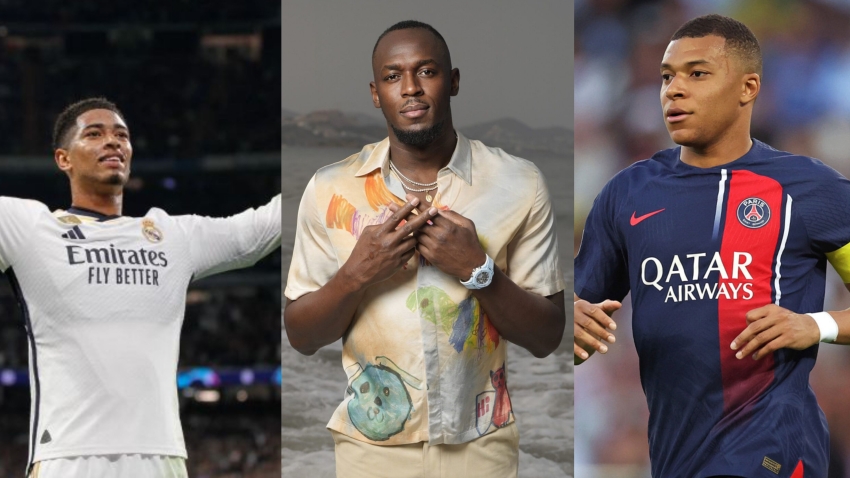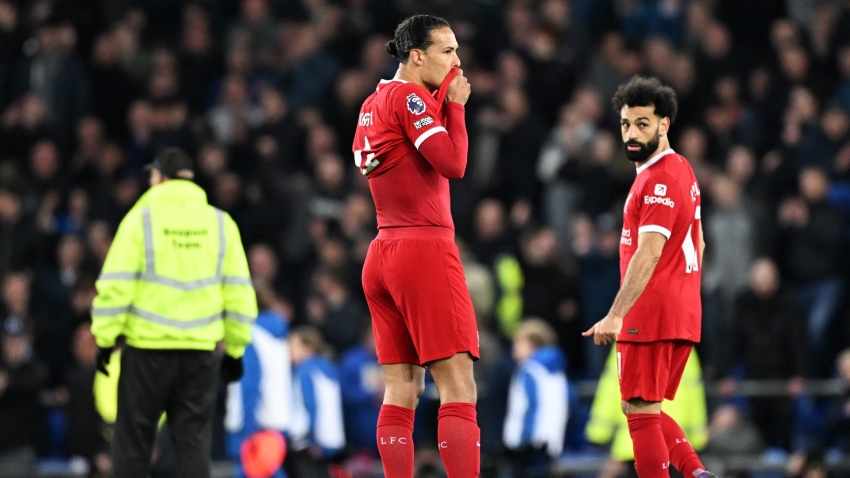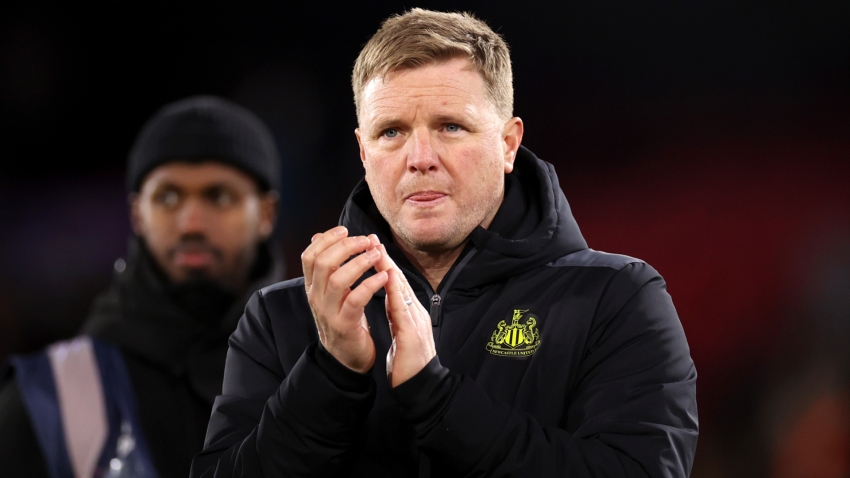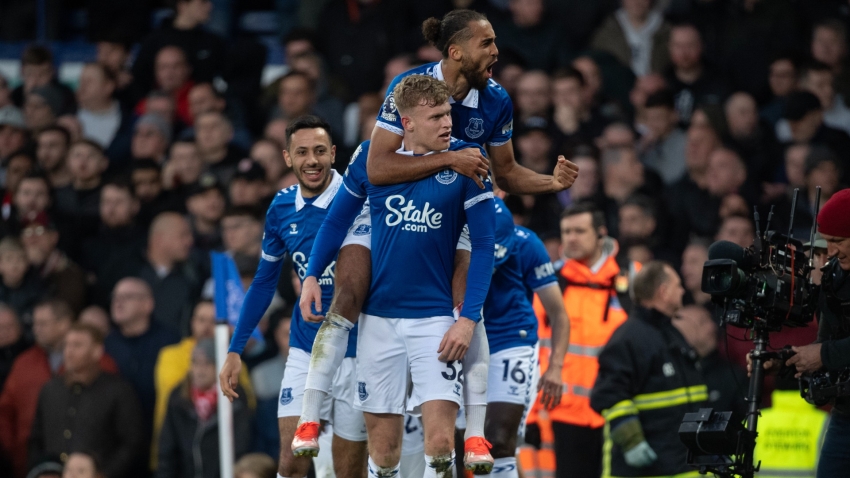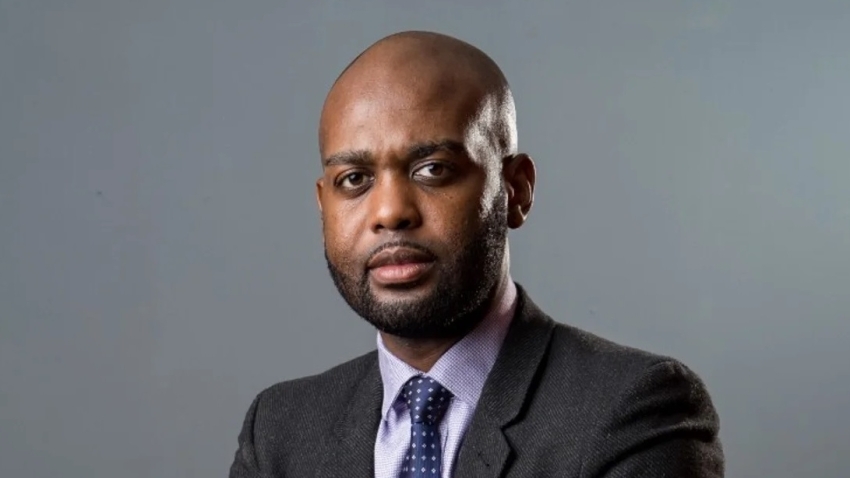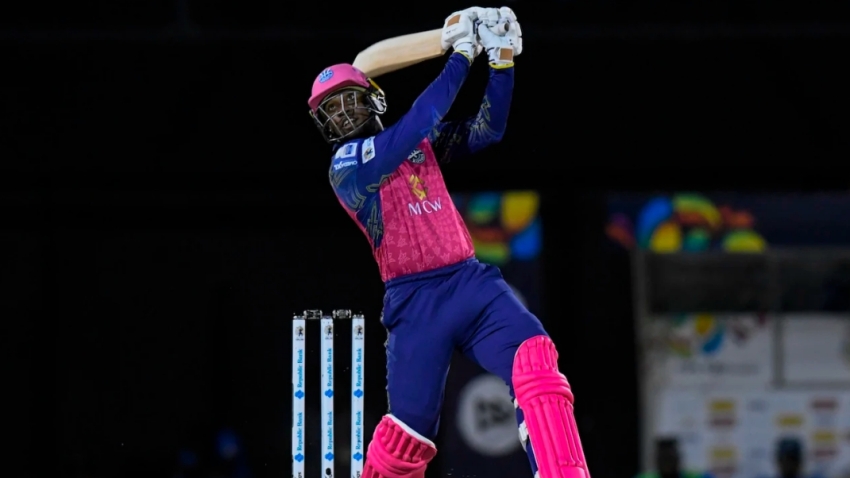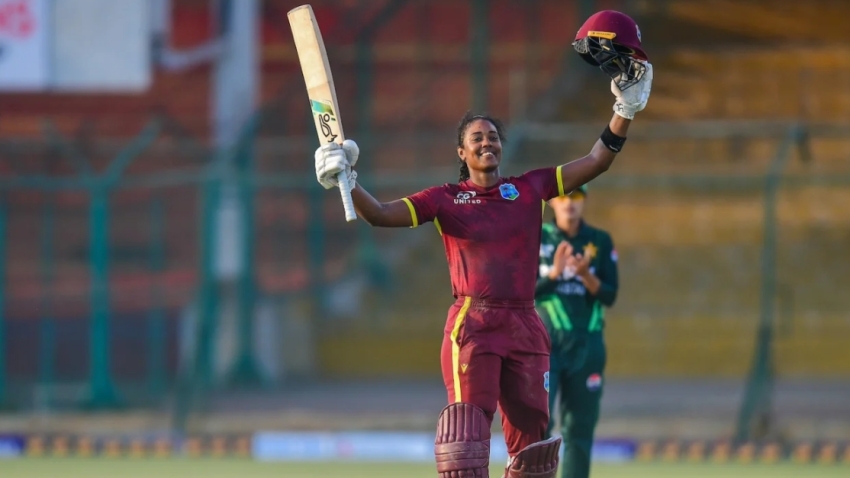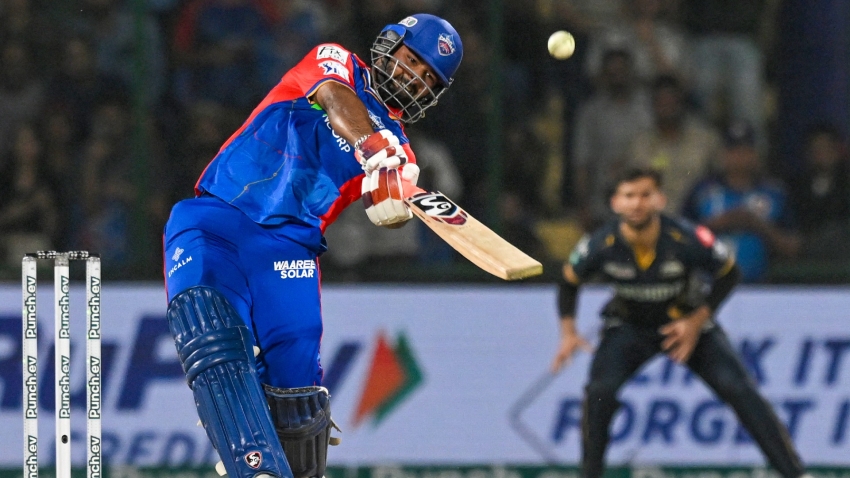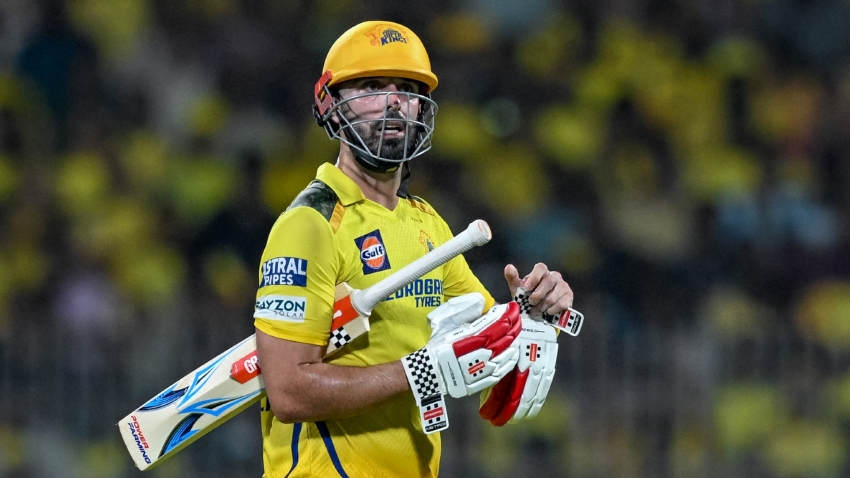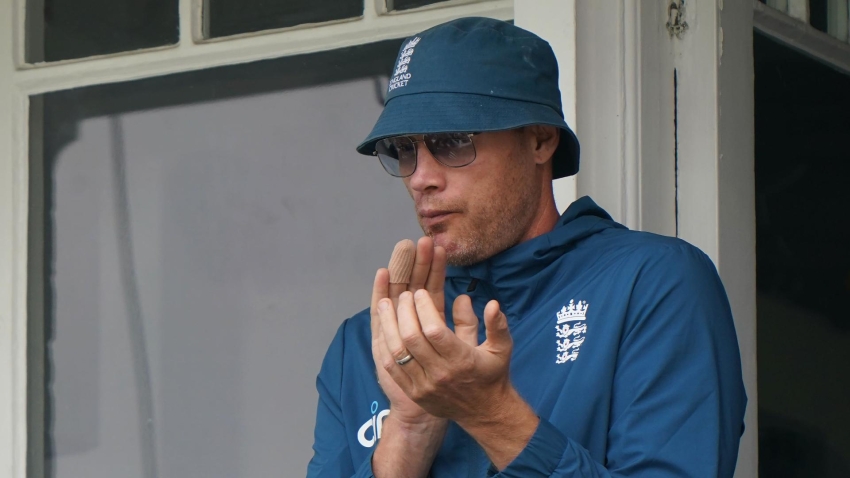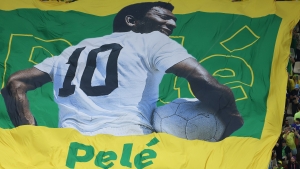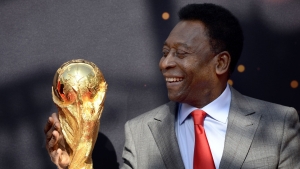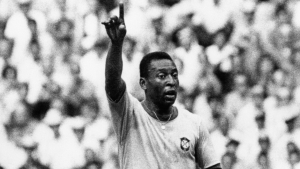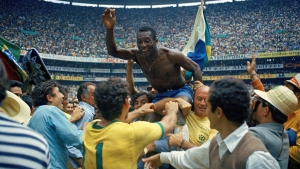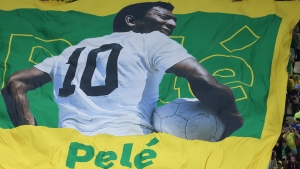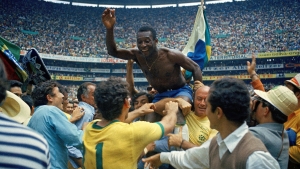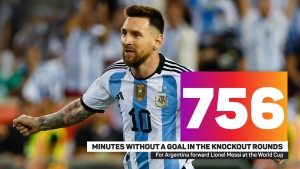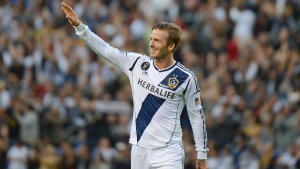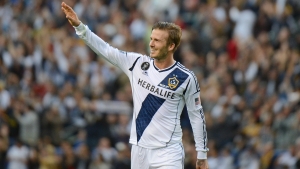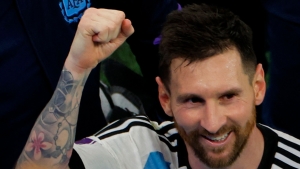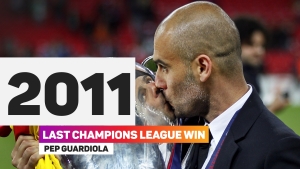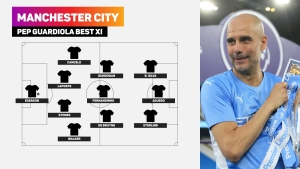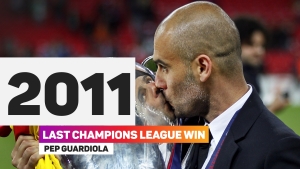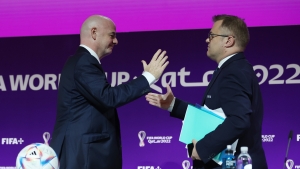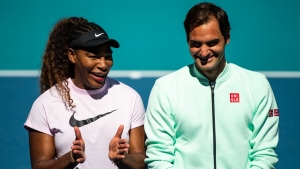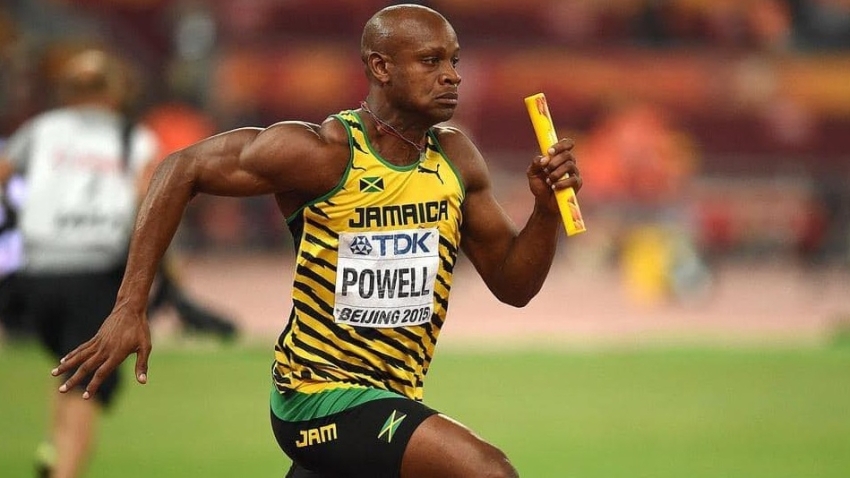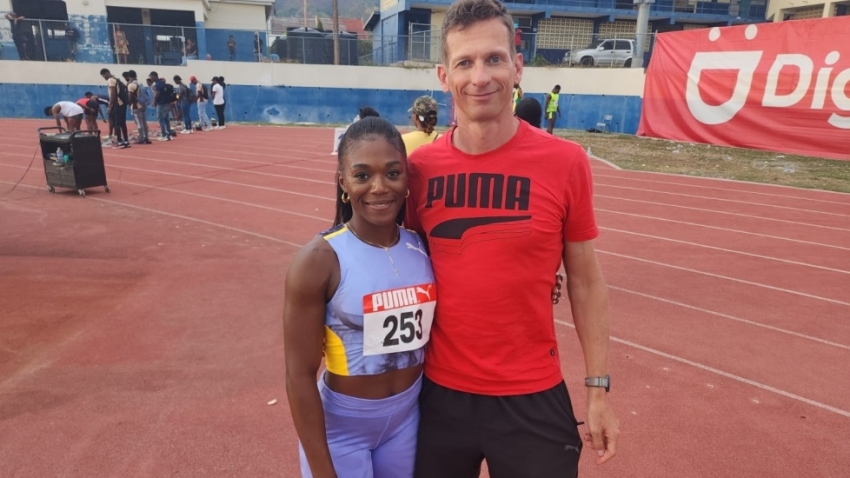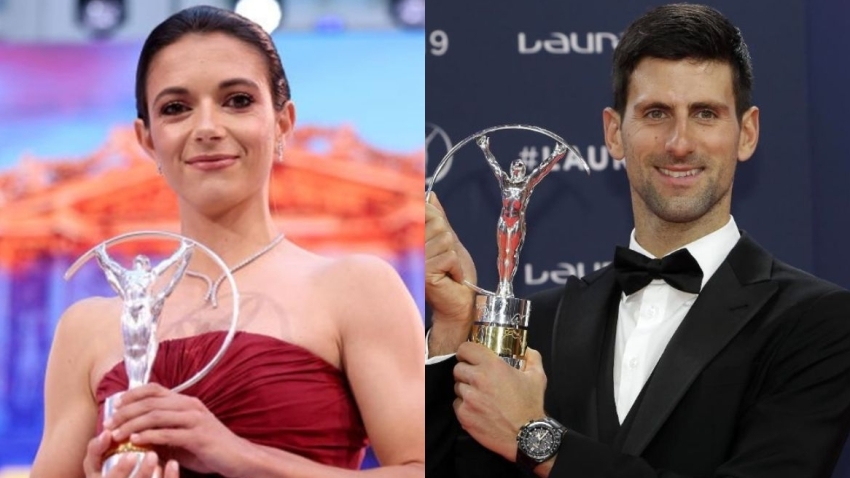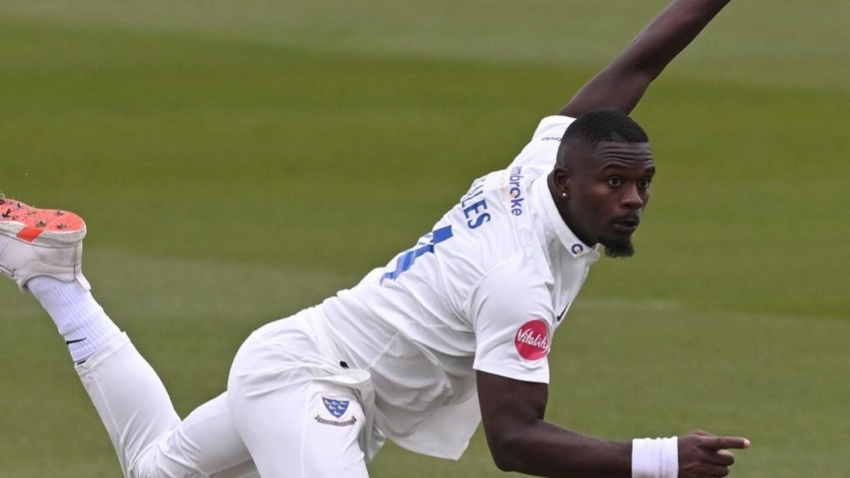There is perhaps no sporting debate that captures the imagination like that concerning the identity of football's greatest ever player.
The incredible goalscoring feats of Lionel Messi and Cristiano Ronaldo put them at the centre of the discussion, but what about the greats of yesteryear?
Does the cunning of Diego Maradona or the ingenuity of Johan Cruyff make one of them the best to have played the world's most popular sport?
The ultimate reference for all those iconic players, however, is Pele. The only player to have won three World Cups, the ultimate personification of "o jogo bonito".
With tributes flooding in after the Brazil icon passed away at the age of 82, Stats Perform delves into the Selecao star's incredible career, asking how it compares to those of the game's other greats.
Pele: The World Cup's finest
While any debate over the greatest player of all time will always be subjective, nobody can deny Pele his status as the ultimate World Cup legend.
His introduction to the global stage came at the 1958 tournament in Sweden, where Brazil exercised the demons of 1950 – when they lost the final on home soil to Uruguay in what became known as the "Maracanazo" – to clinch their first title.
A 17-year-old Pele missed Brazil's first two games at the tournament, but the Santos youngster quickly made the Selecao's number 10 shirt his own after coming in for a 2-0 win over the Soviet Union.
From there, he went from strength to strength, scoring his first World Cup goal against Wales before helping himself to a hat-trick against France in the semi-finals.
As Brazil overcame the hosts 5-2 in a thrilling final, Pele – at the age of 17 years and 249 days – scored twice. Only one other teenager has ever netted in a World Cup final – Kylian Mbappe in 2018.
As if one outstanding World Cup campaign was not enough, Pele was key to further Selecao triumphs in 1962 and 1970 – assuming a talismanic role in what many consider to be the greatest international team in history at the latter tournament.
Pele's tally of six assists in Mexico remains the highest tally recorded at a single World Cup since records began four years earlier, and his nonchalant lay-off for Carlos Alberto to finish off a flowing team move in Brazil's final win over Italy remains one of the most iconic moments in the tournament's history.
While modern-day detractors may point to Pele's failure to test himself in Europe, his incredible record on the grandest stage of all dictates that he is remembered among the very best, and there can be no doubt as to his unmatched World Cup legacy.
Johan Cruyff: The innovator
If Pele's legacy can be measured in World Cup accomplishments, Cruyff's must be examined in a very different way.
Cruyff's unbelievable tally of 36 chances created at the 1974 World Cup may be a single-tournament record, but it was not enough for the Netherlands to avoid the first of their three final defeats at the competition.
Eight Eredivisie titles, three European Cups and one LaLiga triumph as a player does not exactly do justice to the career of football's great innovator, the man considered responsible for "total football" and by extension, every free-flowing Barcelona or Ajax team that has followed.
If Pele's is best remembered as the World Cup's greatest player, perhaps Cruyff deserves the title of football's finest pioneer.
Diego Maradona: The individualist
No conversation about football's greatest could be complete without a mention of Maradona, the man who almost single-handedly carried Argentina to football's greatest prize with a perfect blend of skill and cunning.
Astonishingly, Maradona claimed five goals and five assists as Argentina won the 1986 World Cup – a feat no other player has accomplished since detailed data collection began in 1966.
Maradona's quarter-final brace against England, perhaps the most iconic double in history, encapsulated his on-pitch personality perfectly – a mischievous first goal being followed by a truly remarkable second.
Maradona's tendency to carry unfancied sides to success was replicated on the club stage, with his two Serie A triumphs with Napoli earning him a level of adulation that will perhaps never be matched.
A beaten finalist in 1990, not even El Diego could match Pele's World Cup exploits, but the Argentine carved out a reputation as football's finest individualist.
Cristiano Ronaldo: The big-game player
Like Cruyff, neither of the final two players on our list have made their greatest impact at the World Cup, but the incredible goalscoring feats of Ronaldo ensure his place among the game's legends.
In the Champions League – arguably the true pinnacle of the modern game – no player can match Ronaldo's total of 140 goals.
Ronaldo – who scored his 700th goal in club football earlier this season – has also lifted the Champions League trophy on five occasions – a tally no other player has bettered.
The 37-year-old started off the 2022 World Cup by becoming the first male player to net in five different editions of the tournament, though he ultimately ended it in disappointment, making just 10 touches after coming on as a substitute in Portugal's quarter-final defeat to Morocco.
He has been the ultimate big-game player. Whether he is anymore is clearly up for debate.
Lionel Messi: The Magician
While some may prefer the efficiency and athleticism of Ronaldo, there is no sight in modern football as joyous as that of Messi slaloming through panicked defences.
Seven Ballon d'Or wins tells you all you need to know, Messi's army of fans may say, while Pep Guardiola's revolutionary Barcelona side – considered by many as the best team to ever take to the field – was built to accommodate the Argentine's incredible mix of elite finishing, dribbling and passing skills.
Until the last two years, the only major blot on Messi's career was a perceived failure to replicate the feats of Maradona, with the expectations of the Argentinian public often seeming to weigh heavily upon the shoulders of the diminutive attacker.
However, having helped the Albiceleste end a 28-year wait to win the Copa America in 2021, Messi then contributed seven goals and three assists to mirror Maradona's achievement of leading Argentina to World Cup glory, with the Paris Saint-Germain forward's campaign in Qatar already regarded as one of the greatest in the tournament's rich history.
While the sight of Messi lifting the World Cup trophy at the Lusail Stadium caused some to declare any debate regarding football's greatest player to be over, the forward's age dictates he will not get the chance to equal Pele's feats on the game's grandest stage.
Everyone has a different opinion on what makes a player the greatest in history, be it their style, their goal record, or their impact on subsequent generations.
The role of football's greatest tournament will always be pivotal, however, and on that basis, Pele will always have a place among the legends of the game.


